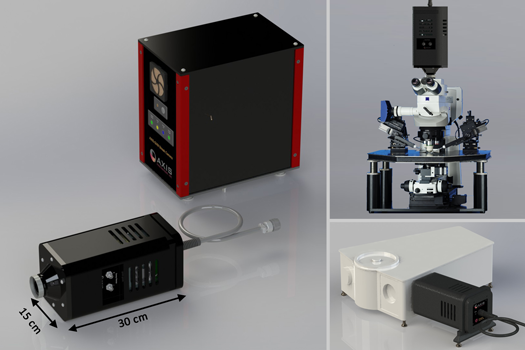AXIS-QVM: Lightweight Visible Streak Camera
Lightweight system with:
Applications:
AXIS-QVM SPECIFICATIONS
STREAK TUBE
This streak camera uses a new generation of streak tubes based on the 75-year night vision heritage of PHOTONIS.
The tube is built according to high quality standards and features:
- Picosecond time resolution
- High spatial resolution
- Integrated input slit (no need for a mechanical slit)
- High-gain internal microchannel intensifier
- Ruggedized for harsh environment
It can be built with different cathodes and matched with a spectrometer grating for optimal throughput:
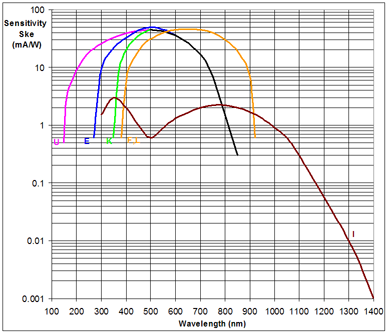
SPATIAL RESOLUTION
Photocathode length (X): 8 mm
Spatial Resolution (dx): 50µm with 50% contrast at the center of the screen
Number of spatial resolution units in screen (X/dx): 150 points
TIME RESOLUTION
Available Ranges (ΔT): 1 ns to 1 ms
Number of time-resolution units in screen (Nt): 275
Single-shot time resolution (δt): δt = ΔT / Nt * Limited to 3 ps
TRIGGER
| Standard Sweep Unit | MHz Sweep Unit | |
| Trigger pulse | Electrical | Electrical |
| Requirements | 5-10 V in 50Ω | 5-10 V in 50Ω |
| Maximum repetition rate | < 100 Hz | 2 MHz |
| Jitter | < 15 ps RMS | < 15 ps RMS |
READOUT
Readout type: CCD Digital camera
CCD chip size: 1024×1392 pixels; 7 mm x 9 mm
Digitizer: 12 bit
Coupling to streak tube: 1.8:1 Fiber optic taper
OPERATION MODES
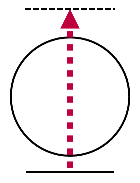 |
Normal sweep The sweep crosses the whole screen and ends outside. |
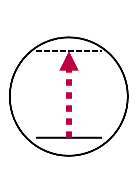 |
Timing mode The sweep always remains in the screen. It is used to synchronize the streak camera to the experiment. |
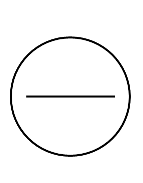 |
Focus mode The slit image is positioned at the center of the screen. The sweep trigger is disabled. This mode is used to align the experimental setup and to adjust the incident light level. |
INTERNAL COMPUTER and SOFTWARE
AXIS-QVM is an all-in-one system that is operated locally by connecting a monitor, a keyboard and a mouse.
It comes with an internal computer that controls the streak tube supplies, the sweep circuits, monitors voltage stability, performs different self tests and safety checks. It can also control other optional peripherals via the USB port (a laser system, for example).
All required software comes pre-installed on the system. It is used to:
- Control whole system and acquire images
- Control the laser system (optional)
- Plot lineouts along time axis or space axis
- save image in different formats
Remote control over Gigabit Ethernet :
- “Windows Remote Desktop”
- Web base GUI
- High level device servers (TANGO, OPC, etc…) are available.
GENERAL
Electrical input: Universal AC, 110-240V, 50-60 Hz
Certification: CE
Tests and Calibration: Before shipping, each system is tested on a femtosecond laser at the Advanced Laser Light Source.
Installation and Training: A qualified engineer is sent to your laboratory to install the system and train users.
OPTIONS
Photocathode
S20, S25, and S1 cathodes are available
Blanking circuits
With the blanking option, streak tube is blocked during the time the signals sweeps back to its start position. This feature is required when the optical signal lasts longer than the sweep range.

